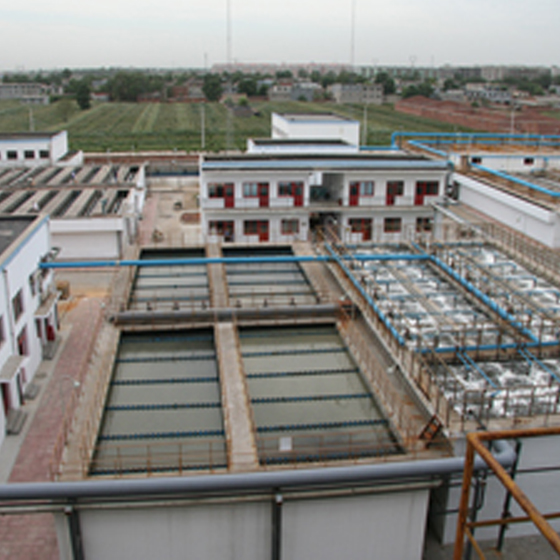Methyluracil Ointment: A Healing Balm for Skin Woes
Methyluracil ointment, often referred to as meturacil ointment, is a topical medication that has been used for decades to address various skin issues and promote the healing of wounds. Its effectiveness in treating a range of dermatological conditions has made it a staple in many medicine cabinets and first-aid kits. In this article, we will explore the uses, benefits, and potential side effects of methyluracil ointment, shedding light on why it remains a popular choice for skin care and wound management.
Understanding Methyluracil
Methyluracil, also known as tetrahydrouracil, is a synthetic compound derived from uracil, a naturally occurring component of nucleic acids. Methyluracil ointment is formulated with this compound as its active ingredient, typically in a concentration of 1-10%. It is known for its ability to stimulate tissue regeneration, reduce inflammation, and accelerate the healing process, making it a versatile option for a variety of skin concerns.
Common Uses of Methyluracil Ointment
Wound Healing: One of the primary applications of methyluracil ointment is in the treatment of wounds, including cuts, abrasions, and burns. The ointment is believed to promote tissue repair by stimulating cell growth and collagen production at the wound site, leading to faster healing and reduced scarring.

Decubitus Ulcers (Pressure Sores): Methyluracil ointment is often employed in the management of pressure ulcers, commonly known as bedsores. Its ability to enhance tissue regeneration can aid in the healing of these painful and persistent sores, particularly in bedridden or immobilized individuals.
Dermatitis and Eczema: The anti-inflammatory properties of methyluracil make it a suitable option for alleviating symptoms associated with skin conditions like dermatitis and eczema. It can help reduce redness, itching, and swelling, providing relief to those suffering from these disorders.
Radiation Dermatitis: Cancer patients undergoing radiation therapy may experience radiation-induced skin damage. Methyluracil ointment can be used to soothe and repair the affected skin, minimizing discomfort and promoting healing.
Minor Skin Infections: Methyluracil ointment is sometimes used as an adjunct treatment for minor skin infections. It can support the body's natural defense mechanisms by aiding in the repair of damaged skin.
Benefits of Methyluracil Ointment
Accelerated Healing: Methyluracil's ability to enhance tissue regeneration can significantly reduce the time it takes for wounds and skin conditions to heal.
Reduced Scarring: When applied early in the wound healing process, methyluracil ointment may help minimize the formation of unsightly scars.
Anti-Inflammatory: The ointment's anti-inflammatory properties can provide relief from itching, pain, and discomfort associated with various skin conditions.
Versatile: Methyluracil ointment can be used on different parts of the body and is suitable for various skin types, making it a versatile choice for addressing a range of skin concerns.
Potential Side Effects
Methyluracil ointment is generally considered safe for topical use, with few reported side effects. However, some individuals may experience mild skin irritation, redness, or itching at the application site. If any adverse reactions occur, it is advisable to discontinue use and consult a healthcare professional.
In conclusion, methyluracil ointment has earned its reputation as a reliable and effective solution for a wide range of skin issues and wound care. Its ability to accelerate healing, reduce scarring, and alleviate inflammation makes it a valuable addition to any skincare or first-aid regimen. However, as with any medication, it's important to use Kunxiangda methyluracil ointment as directed and seek medical advice if you have any concerns or experience adverse reactions.

